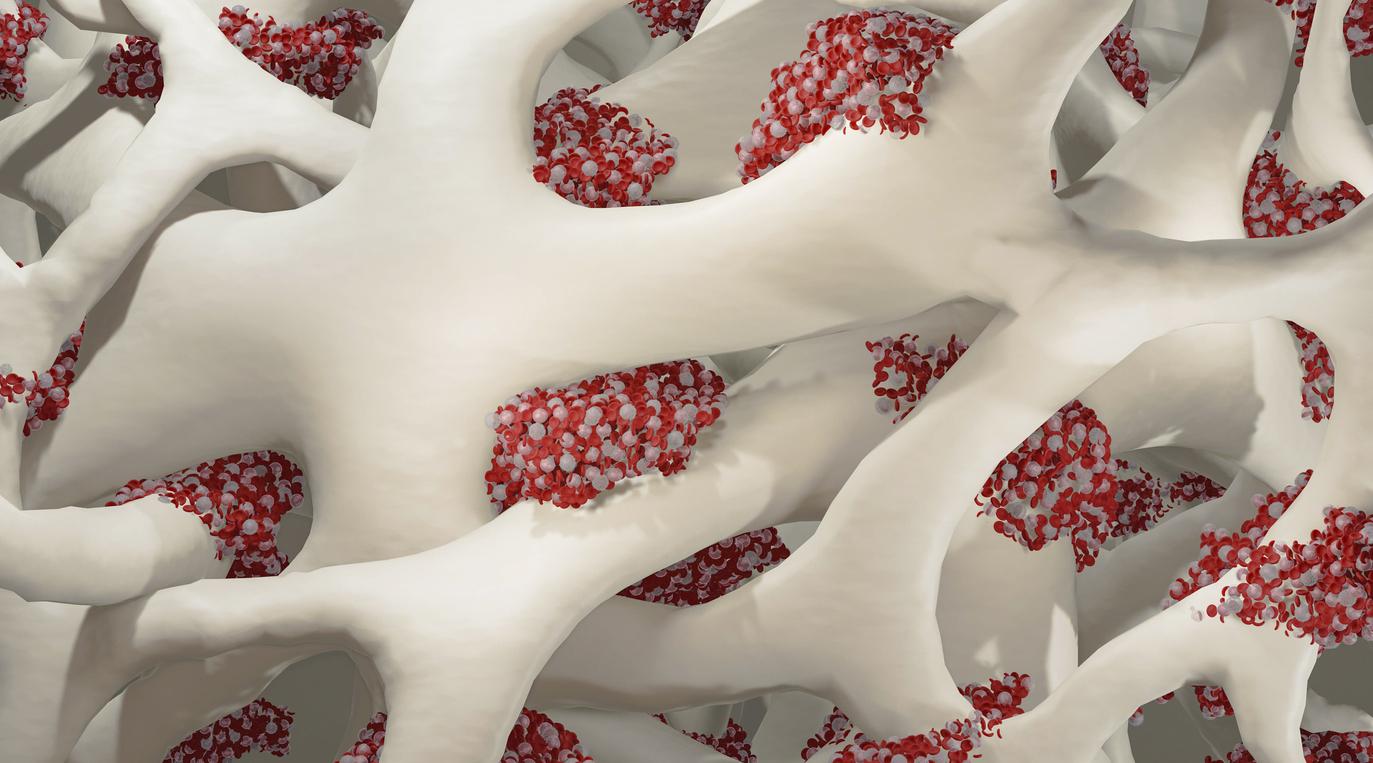The researchers applaud. They will now be able to work on stem cells without requesting an exemption from the Biomedicine Agency. The law adopted by Parliament on Tuesday provides for moving from a prohibition regime with exemptions that had previously prevailed under a law of 2011, to a regime “of authorization framed” by the law of embryo research. This adoption by 314 votes against 223 closes parliamentary quarrelswho opposed the right to the supporters of this reform. After the tabling of 300 amendments, the right does not intend to stop there. The UMP intends to lodge an appeal with the Constitutional Council.
In the camp of the left, we are delighted with the validation of this text: “It is high time to unhinder research for the benefit of scientists and especially patients awaiting new therapies”, responded Roger-Gérard Schwartzenberg, president of the group of radicals on the left.
New hopes for treatment
The authorization framed by law does not completely give researchers a blank check to advance in research on the embryo and embryonic stem cells. Their work will be subject to strict conditions such as obtaining the agreement of the couple from which the embryos are born.
This green light for research on so-called “pluripotent” embryonic stem cells (capable of replicating indefinitely and of proliferating in culture) will make it possible to think about new medical and biological applications (organ repair for example) as well as deepen studies on the treatment of diseases such as Alzheimer’s, Parkinson’s or multiple sclerosis.


















